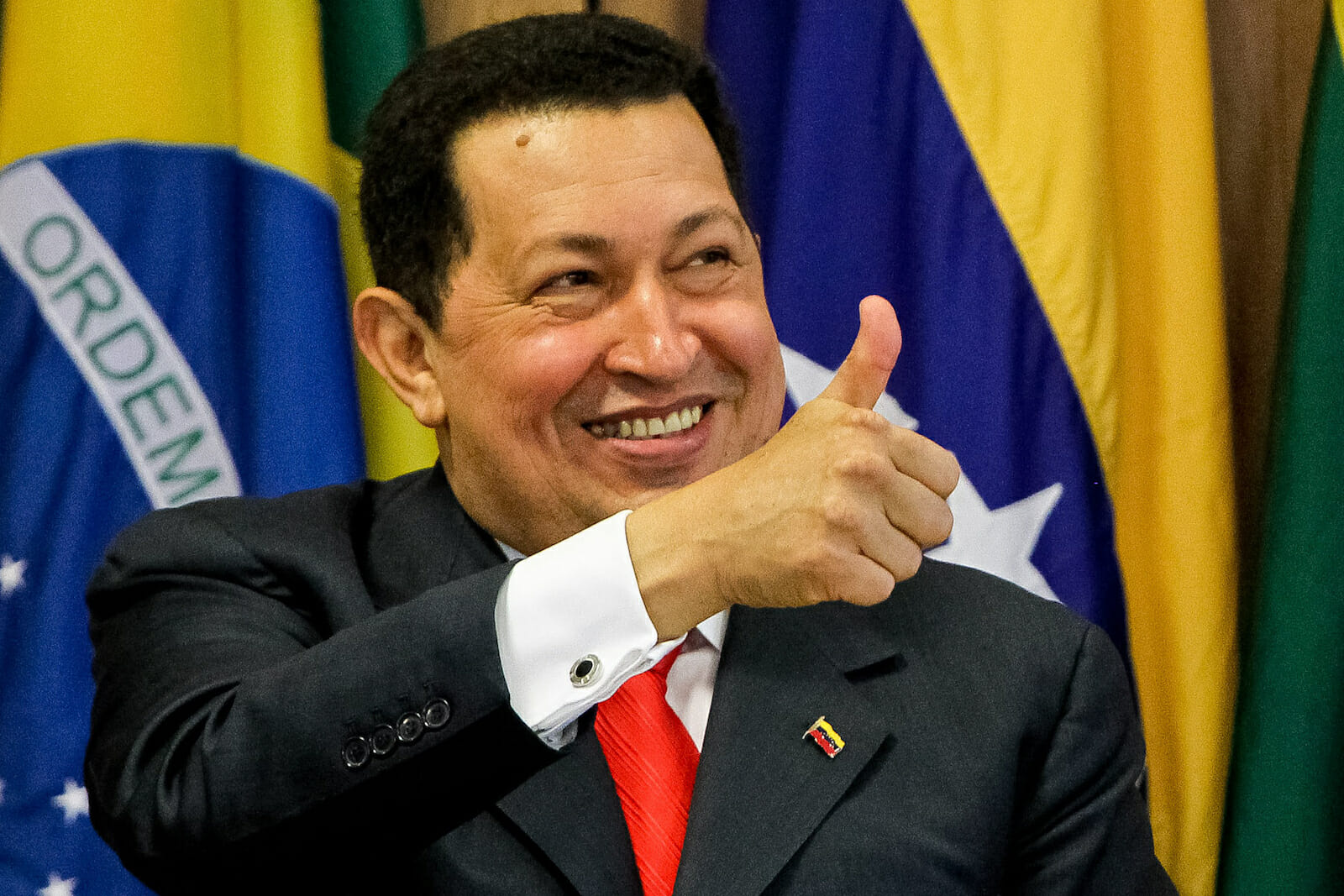
Venezuela’s More Moderate Future after Hugo Chávez
“That’s what Chávez means to us and to our history; our Chávez is the 21st Century liberator.” – Vice President Nicolás Maduro
Much will be written and said in the coming days and weeks about what the future of Venezuela, and Latin America for that matter, will look like following the death of Hugo Chávez. Can Chavismo survive without Chávez? Will the Venezuelan Court demand elections be called or will Vice President Nicolás Maduro retain power? If elections are called, can the opposition reorganize itself quickly enough to pose a serious challenge? While these and many other questions exist and remain to be answered, one can confidently assume that the Venezuela of the future will be a more moderate state than the current Bolivarian Republic of Venezuela that Chávez leaves behind.
This assumption stems primarily from the economic conditions that the new government, whatever form it may take, inherits. An unsustainable deficit problem, an unresolved currency dilemma, and deteriorating infrastructure along with a number of other economic challenges will force the Venezuelan government to rein in the expenditures on a number of the social improvement programs Chávez loved so much. Cuts like this are likely to erode support for the new government from Chavez’s strongest constituency. The only foreseeable financial savior for Venezuela is the oil economy that has supported the state so well in the past.
What had been a fairly reliable way to generate and maximize revenue for the state in previous decades is not as reliable anymore despite oil prices that continue to remain at near record levels.
That is due, of course, to the mismanagement and incompetence of those in the Chávez Administration that oversaw the collapse of Venezuelan state oil company, PDVSA, from its highly regarded status to one of inefficiency and decay.
In political terms, the new government of Venezuela will most likely begin a retreat away from the authoritarian practices and political intimidation that became characteristic of the Chávez government. If somehow the political opposition was able to use this as an opportunity to quickly reorganize and reenergize itself for an election, should one be held, it is possible that the strong showing of Henrique Capriles against Chávez last fall could inspire voter turnout and usher in those changes with a new government. If that is not the case, and the allies of Chávez retain power in Venezuela, the same results are likely.
Hugo Chávez was a force of nature. A populist leader who had a special connection with a significant segment of the population because of both his social programs and his bold personality. There is no one in Venezuelan politics that appears to hold the same political capital that Chávez did. Without that personal dynamic, there is less latitude to operate.
Additionally, were someone with ties to the current government to assume power, they will not carry with them the need to prove their policies right despite evidence suggesting otherwise. Even though the communist party retained power in Cuba when Fidel Castro relinquished power, Raúl Castro is not the dynamic personality that Fidel is and was never convinced of some of his policies. For Raúl Castro to be successful and retain power, he had to moderate from some of the policies and strategies that kept Fidel in power for decades.
On the international stage, Venezuela is sure to take a step back from the spotlight without Chávez and is less likely to be the leader of ‘21st Century Socialism’ in Latin America. All signs point to the emergence of Ecuador’s Rafael Correa as the care-taker of that movement. Considering the financial problems that the new government will face, it is likely that the petrodollars that have helped fill the government coffers throughout the region will begin to dry up. There is no longer a Chávez to be bullish about providing those petrodollars or bargain basement oil deals in order to gain alliances with regional neighbors despite domestic budget deficits. There is no longer a Chávez and his modern Bolivarian Revolution that envisioned institutions such as ALBA, CELAC, and a Latin American alternative to the IMF and the World Bank.
It is here where the loss of Chávez may have the most significant domino effect. What will be the result in Nicaragua and Bolivia when Venezuela begins to turn off the financial support that Chávez was happy to provide in order to promote his greater vision? The Venezuelan state will not dramatically or radically change any time soon. Chavismo has been institutionalized through the many projects, policies, and political appointees of the Chávez era. But that era is now over and the Venezuela of the future will most likely begin to resemble, at least in a small way, the Venezuela that Hugo Chávez took over 14 years ago.

